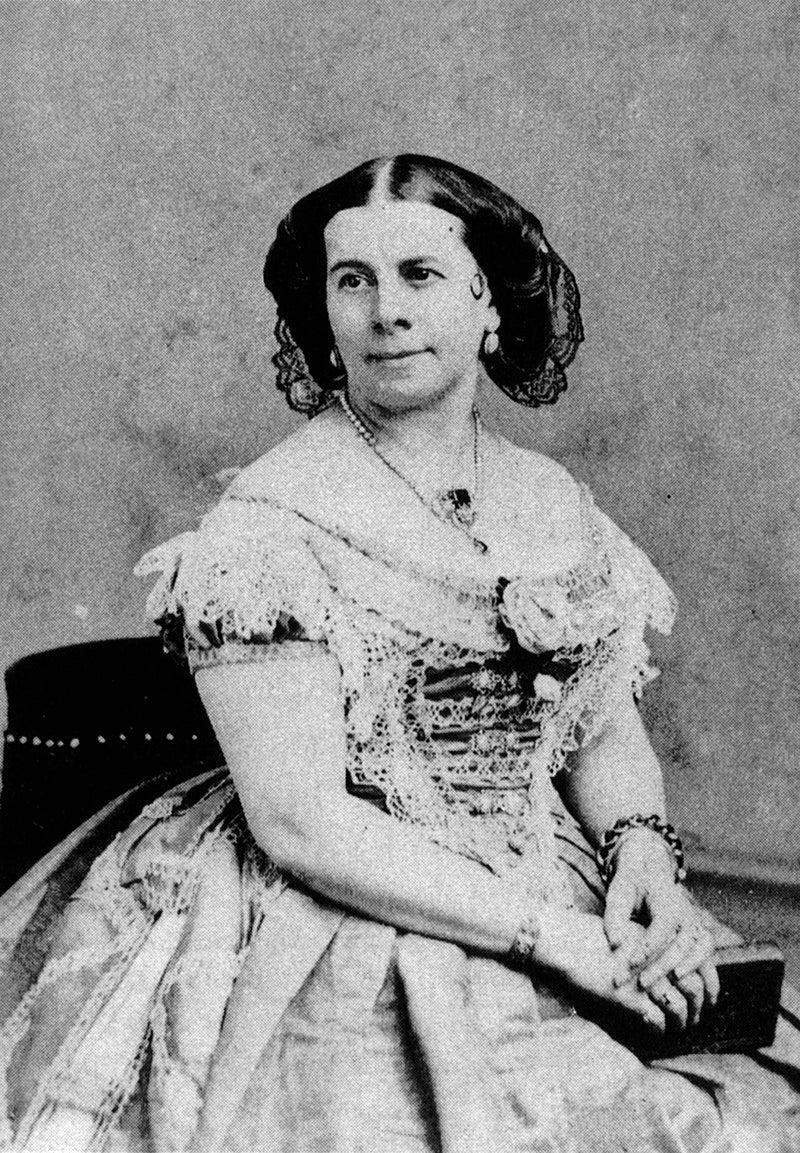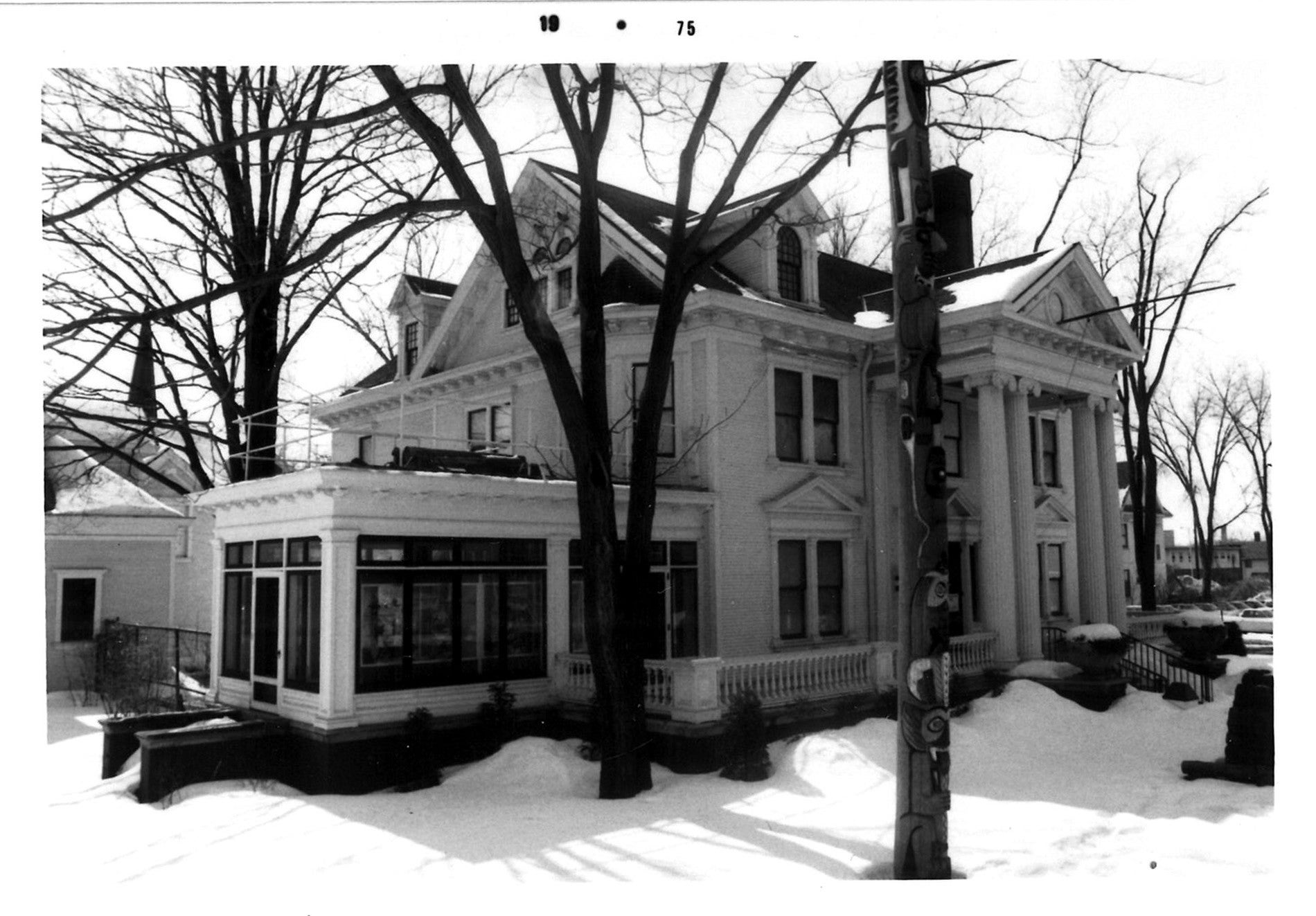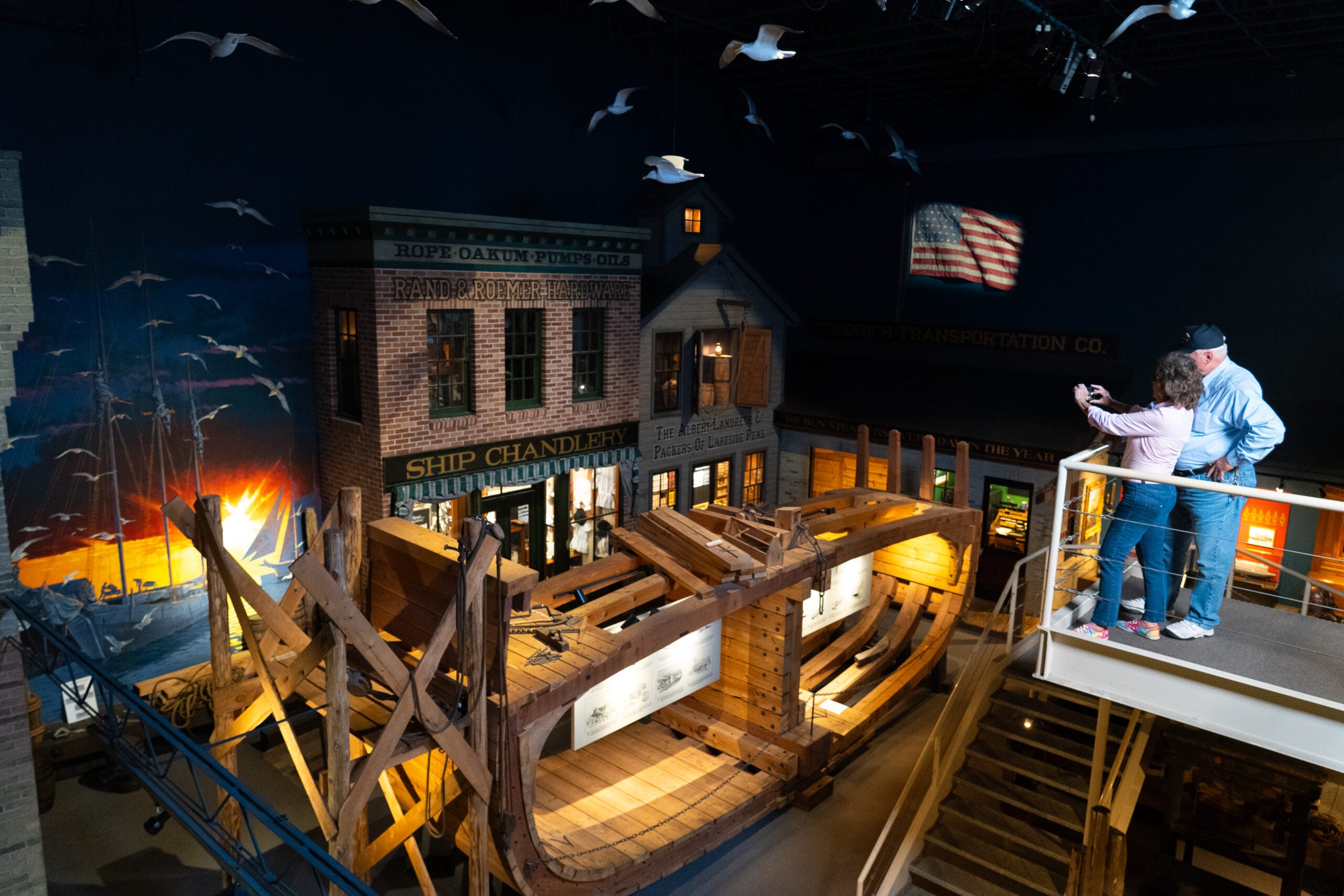Anna Riviere was one of the most admired of 19th-century English sopranos. She was also one of the most adventuresome.
She was born in London on January 9th, 1810. She entered the Royal Academy of Music at the age of 14. Seven years later, just after her professional debut, Anna married Sir Henry Bishop, who was 24 years her senior. Her reputation as a singer grew rapidly, based largely on [her performances of English songs and sacred music and] her tours with Sir Henry and harpist Nicholas Bochsa. After a tour of
Dublin, Edinburgh, and London, Anna Bishop deserted her husband and three children and eloped with Bochsa–who was reputed to be a forger and bigamist.
Stay informed on the latest news
Sign up for WPR’s email newsletter.
From then on, Madame Bishop–as she continued to be known–traveled and sang as if her life depended on it. Between 1839 and 1843 she traveled to every major town in Europe, where she sang in 260 concerts. In the course of two years in Naples, she performed in 20 operas. In 1855 she and Bochsa sailed for Sydney, Australia. He died there the following year, and Anna went on to tour South America before returning to New York, where she married a diamond merchant.
Then she began what proved her most dangerous adventure. After another American tour in 1866, she and her husband set sail across the Pacific. They were shipwrecked on a small coral reef. They drifted in a small boat for more than a month before they finally reached Guam. [She had lost her music, wardrobe, and her jewelry, but Madame Bishop was not to be stopped.] She went on to Manila and began a concert tour that led to Hong Kong, Singapore, and India before she went back to England [by way of Australia]. After another two-year world tour she returned eventually to New York, where she gave her last public performance in 1883–at age 73.
Meanwhile the husband she left behind, Sir Henry Bishop, had become famous for a song would not have had much meaning to Anna Bishop–“Home, Sweet Home.”
Wisconsin Public Radio, © Copyright 2025, Board of Regents of the University of Wisconsin System and Wisconsin Educational Communications Board.







